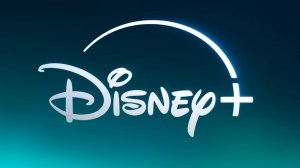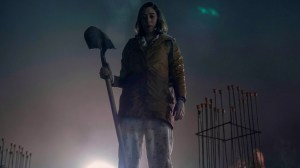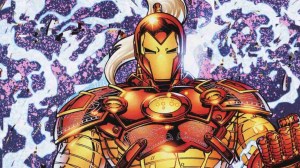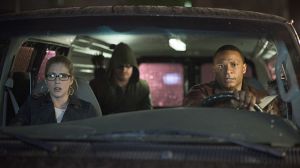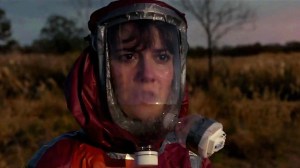When someone says “comic book movie” the first thing that pops into your mind might be “superhero.” But quite a few adaptations of graphic novels don’t feature a single superhero at all. In fact, some of the very best comics adaptations ever made don’t include a single pair of tights; sometimes they’re crime capers, or vampire tales, some are even war epics. Like superhero movies, a lot of them aren’t fully based in reality, but surprisingly enough some of them come quite close. What follows is a mixture of comics adaptations that exist within different genres and feature different levels of reality-adherence.
Videos by ComicBook.com
What binds these movies is that they’re all quite enjoyable. There are plenty of others worthy of checking out, too, including Oblivion, the fun Dwayne Johnson-led Hercules, Ghost World, Hardware, Extraction, The Bad Guys, The Losers, and Timecop.
30 Days of Night
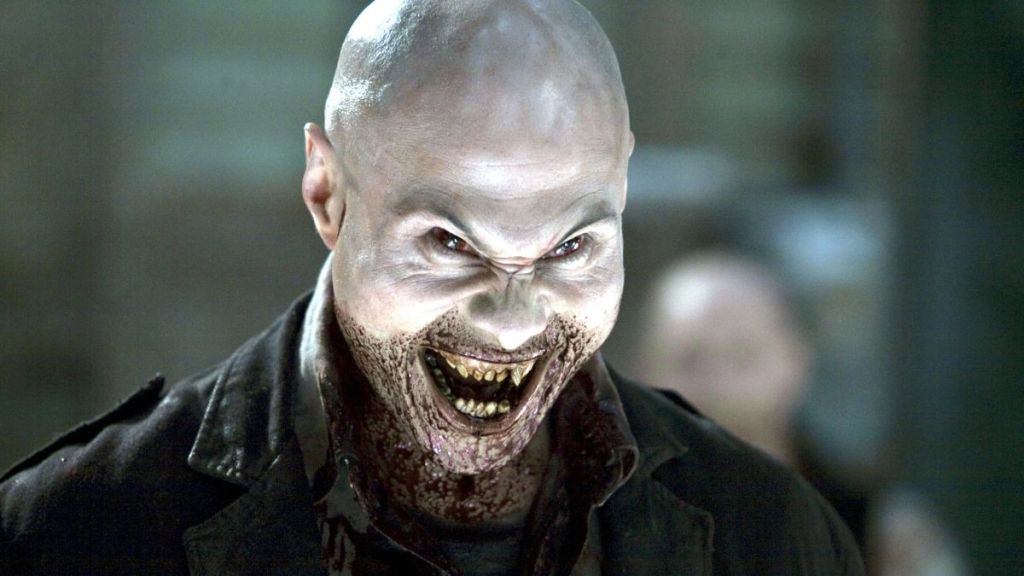
One year before Robert Kirkland and Tony Moore’s The Walking Dead began its long run, there was the three-issue 30 Days of Night. And, three years before The Walking Dead became a TV show, 30 Days of Night became a movie. It didn’t meet the same level of success as AMC’s juggernaut, but it’s a film that has gained a cult following for good reason.
A creepy, atmospheric vampire tale, the well-acted 30 Days of Night has a plot riddled with the elements that have made certain horror movies all-timers, especially John Carpenter’s The Thing. An isolated setting, a seemingly insurmountable threat, a small cast most of whom get picked off one-by-one, it’s all here. It follows the residents of an Alaskan town as they enter a 30-day-long period of night, and once darkness falls, bloodthirsty vampires rise.
300
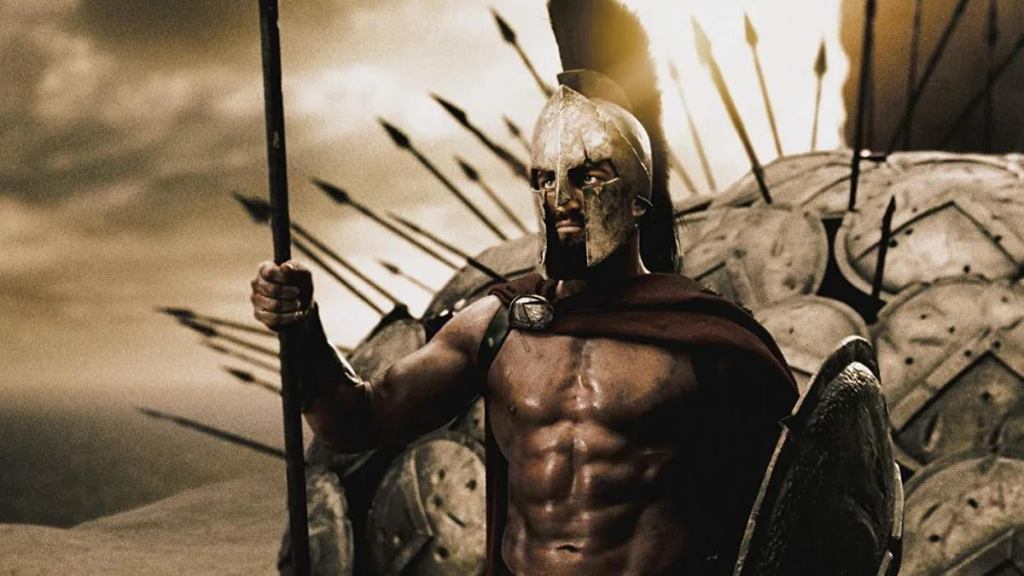
Perhaps Zack Snyder’s most effective film, 300 works throughout thanks to Gerard Butler’s committed, star-making performance and comics-accurate visuals. Like a few other entries here, Snyder’s film was based on the work of Frank Miller (and color artist Lynn Varley), whose time away from superheroes has been every bit as impressive as his work with Batman and Daredevil.
300 is the fairly simple (but highly dramatized) story of King Leonidas and his 300 Spartans who engage in an ill-fated campaign against Xerxes and his gargantuan army. The film is check your brain at the door entertainment, sure, but it’s a blast. For that matter, 2014’s 300: Rise of an Empire makes for an underrated, if still slightly inferior, companion piece.
A History of Violence
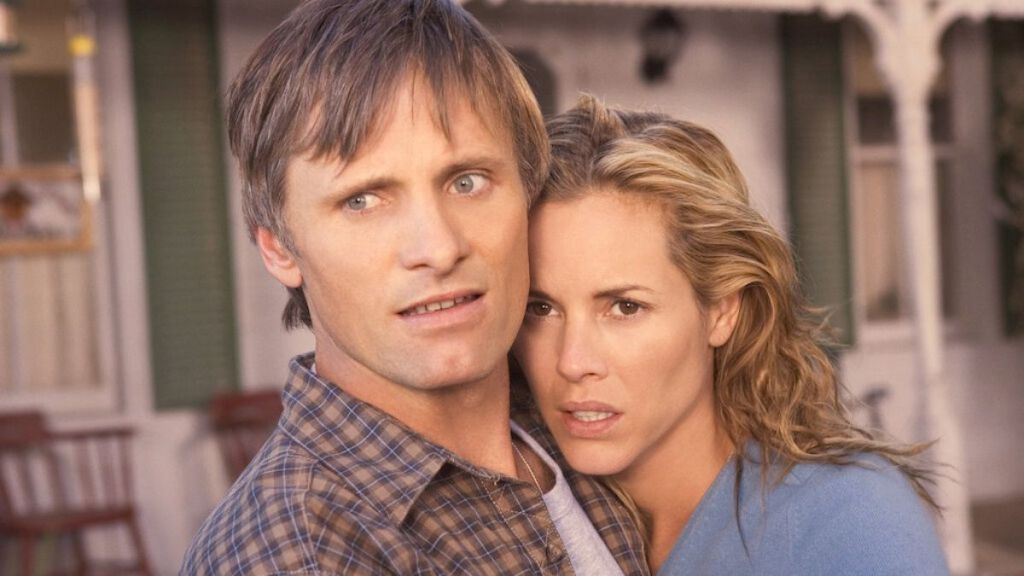
David Cronenberg may be primarily known as the visionary director of ’80s horror classics Scanners, Videodrome, The Dead Zone, and The Fly, but his subsequent works have proved just as visceral and interesting. This includes his output from 2000 on, especially when it comes to his four collaborations with Viggo Mortensen. The first of these was A History of Violence, based on the 1997 DC graphic novel by John Wagner and Vince Locke.
Mortensen plays Tom Stall, a diner owner in a quiet Indiana town with a wife and two kids. But when two spree killers enter and threaten one of the diner’s waitresses, something unlocks within Stall, and he quite easily kills both of them. This exposes Stall to the world, and now a mobster has driven to town, exposing the diner owner as a hitman who has been on the run for years, and his crime boss brother wants to reconnect.
Dredd
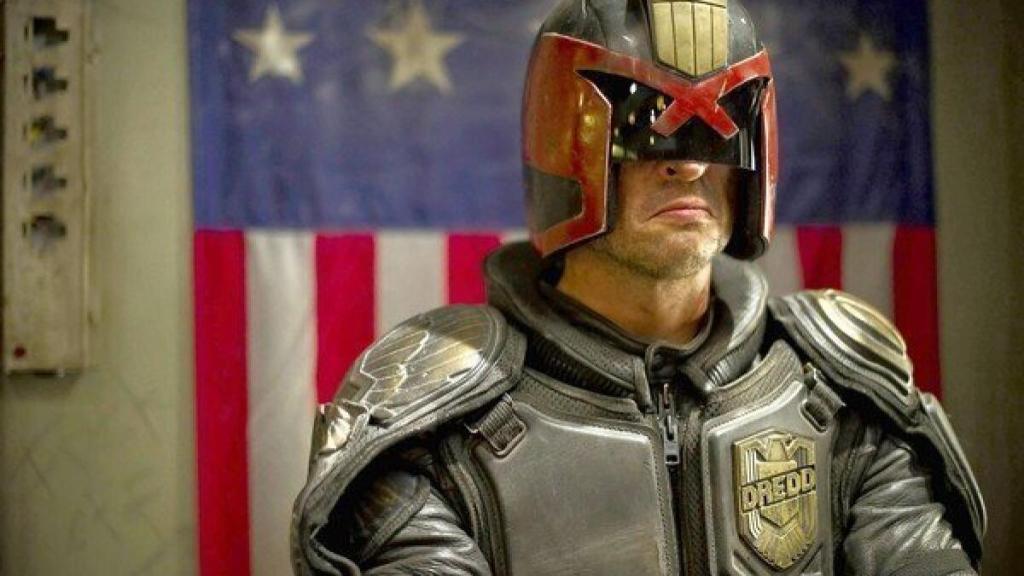
RELATED: 10 Best Superhero Movies That Aren’t Marvel or DC
Essentially Die Hard and The Raid: Redemption, but in the future, Dredd is one of the best comics movies to come out of the 2010s. It’s also bar none the most underappreciated. Karl Urban is perfectly cast in the title role, and he’s ably supported by Olivia Thirlby, Lena Headey, and Domhnall Gleeson.
The plot follows Urban’s Dredd as he takes young Cassandra Anderson under his wing and on her first mission. Unfortunately, the call they take leads them to slum tower block Peach Trees, which is unofficially run by “Ma-Ma,” a drug lord who has been making a killing off a new narcotic called Slo-Mo. But “Ma-Ma” knows the duo are in the block, and she knows they have one of her top enforcers, so they’re going to have to shoot their way out.
Kingsman: The Secret Service
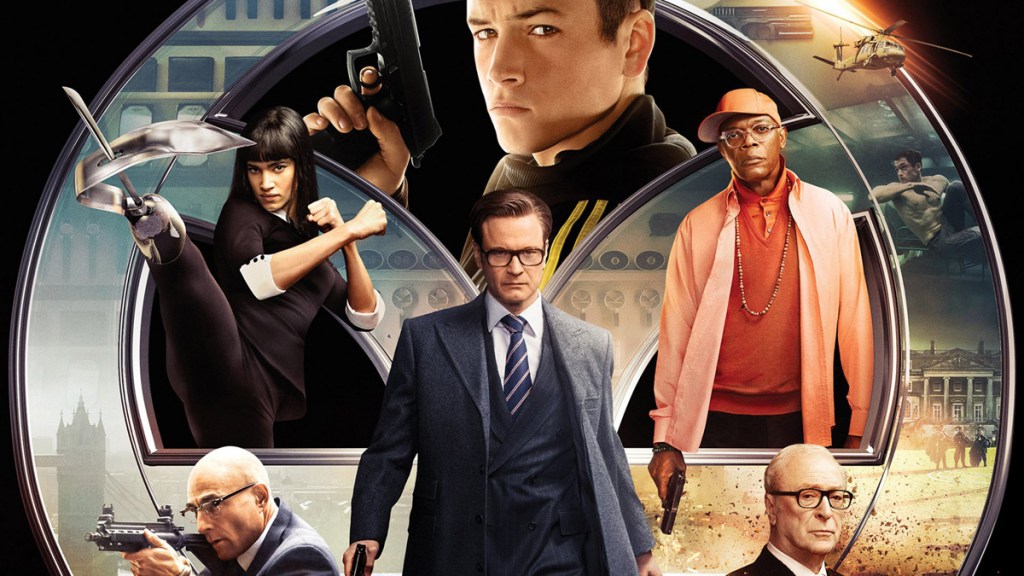
Working both as a companion piece to the 007 franchise and as something that stands somewhat in contrast to it, Matthew Vaughn’s Kingsman: The Secret Service was further proof after Kick-Ass and X-Men: First Class that the man knows how to deliver a crowd-pleasing comics adaptation. Unfortunately, his Kingsman: The Golden Circle and The King’s Man are almost enough to make one wonder if his first three successes were flukes. Almost enough.
The Secret Service has a few factors that couldn’t be any better than they are. First is the casting of Taron Egerton as “Eggsy.” This movie catapulted him up studios’ watchlists for good reason, but it’s not all his shows. Colin Firth has a great time playing against type as a superspy (though he does retain that suave nature he’s displayed in his work in other genres), the set pieces are energetic, and Sofia Boutella makes for a terrific henchwoman.
Men in Black
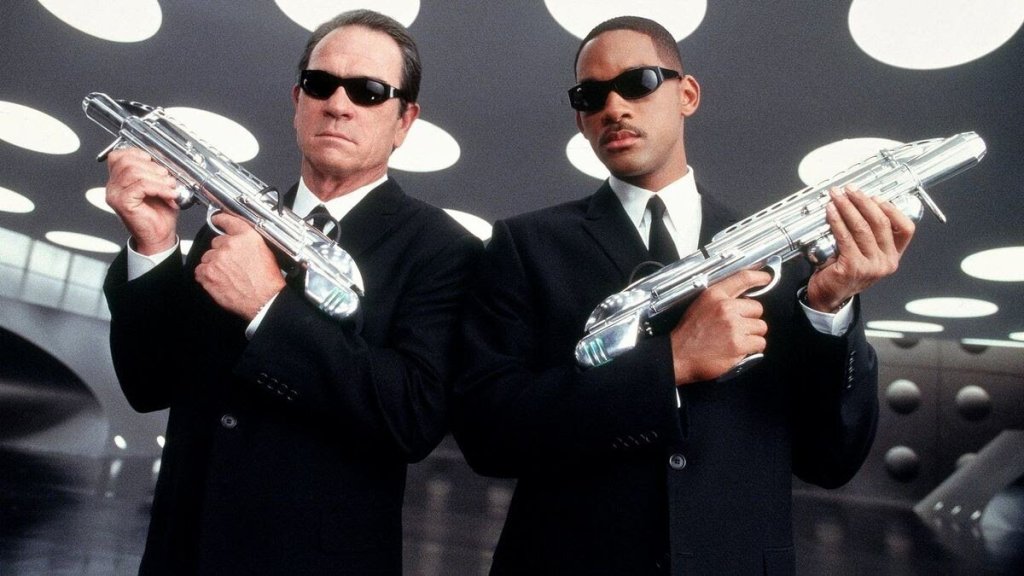
One of the ’90s definitive summer blockbusters, Men in Black has lost absolutely none of its watchability even after nearly 30 years. It’s rapidly paced, funny, and bolstered by fantastic chemistry between lead stars Tommy Lee Jones and Will Smith.
As newcomer Agent J, Smith displays all of the charm he did in the prior year’s equally extraterrestrial-focused and successful Independence Day and, as the far more experience Agent K, Jones basically gets to play his grizzled, surly self to great effect. Along with airtight direction by Barry Sonnenfeld and a smart script, Men in Black is also bolstered by a genuinely frightening antagonist performance by Vincent D’Onofrio as the bug alien who proves himself to be the MiB’s biggest threat to date.
Scott Pilgrim vs. the World
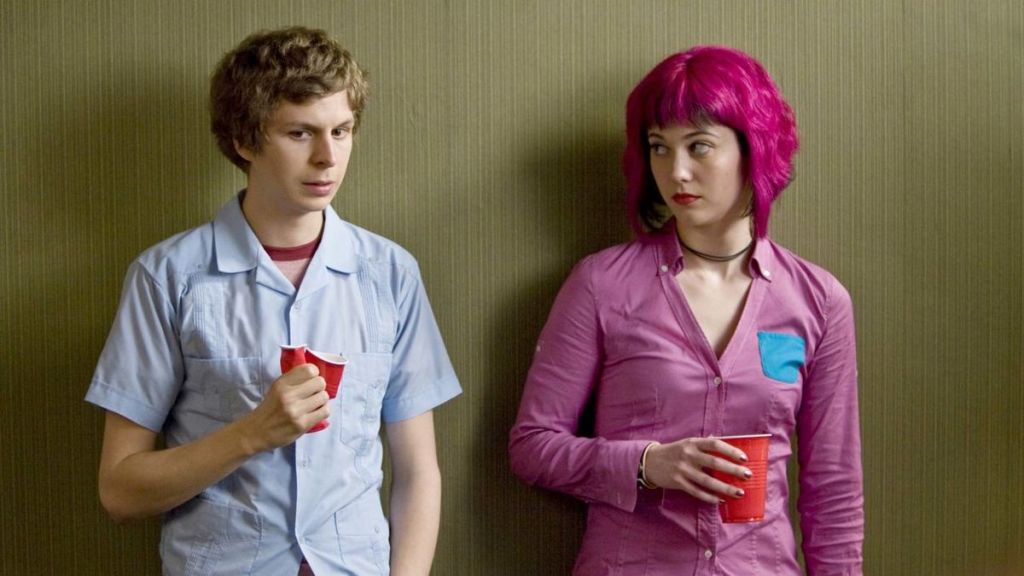
Secretly one of the 2010s best romantic comedies, Scott Pilgrim vs. the World is endlessly aided by director Edgar Wright’s style and across-the-board perfect casting. It’s a film that works for just about anybody, as long as they can get on its somewhat snarky characters’ wavelengths. Like High Fidelity or Almost Famous, it’s an absolute treat for the music lovers of the world.
The narrative follows the title character as he falls for the somewhat aloof Ramona Flowers (played brilliantly by the always-great Mary Elizabeth Winstead). Unfortunately for him, that means he has to take on each of her seven evil exes, all of whom bring something different to their form of opposition. One of them sings, one of them is a movie star, and two of them are twins…but they all still love Ramona and they all can’t stand Scott.
Sin City
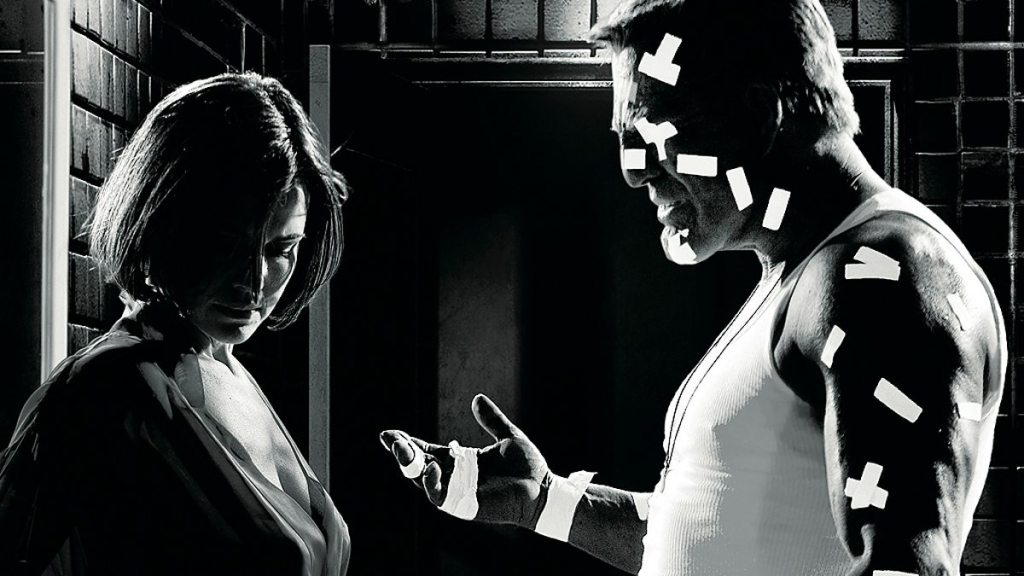
A faithful adaptation of Frank Miller’s source material, Robert Rodriguez’s (and Miller’s, who co-directed) Sin City was one of the aughts very best comics-based films, and its critical and commercial success only proved to be more warranted when two fellow somewhat high-profile films attempted to replicate that success. Specifically, the horrendous The Spirit and Rodriguez’s own follow-up, Sin City: A Dame to Kill For, which wasn’t much better than The Spirit.
While A Dame to Kill For only has one truly successful storyline (the titular one), the original Sin City pulls from three of Miller’s absolute best books. The Hard Goodbye is led by Mickey Rourke (at the beginning of his brief journey back to the A-list) and follows a grizzled criminal with few friends and a penchant for vengeance. The Big Fat Kill is fronted by Clive Owen and Benecio del Toro, with the former playing a PI who sides with a group of sex workers after he kills what turns out to be a cop. Finally, That Yellow Bastard follows Bruce Willis’ Detective John Hartigan as he seeks to rescue Jessica Alba’s Nancy Callahan from the same man who kidnapped her as a child.
V for Vendetta
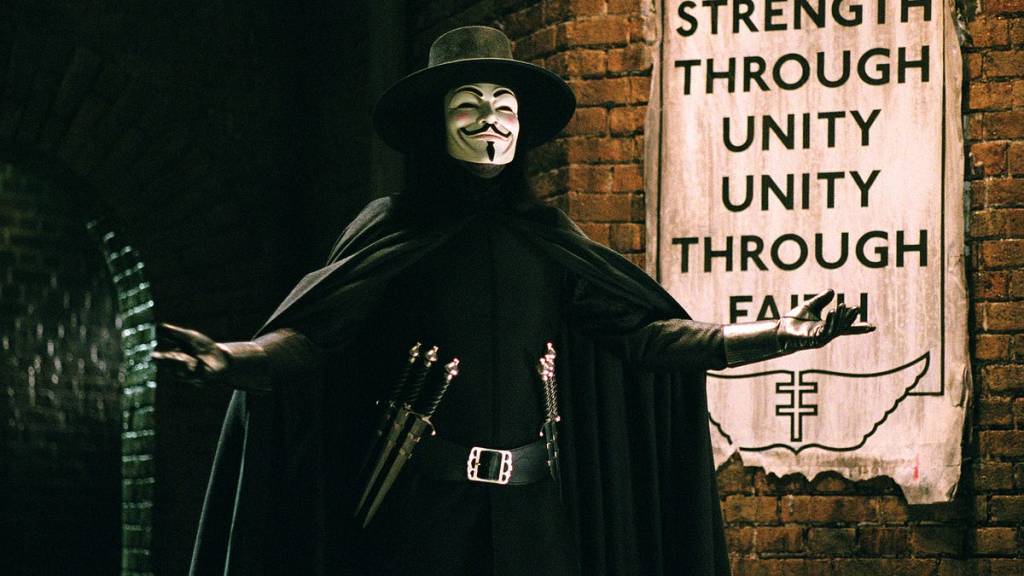
As timely now as it ever was, V for Vendetta is a fairly accurate adaptation of the source material by Watchmen‘s Alan Moore (as well as David Lloyd and Tony Weare). That is, in terms of the anti-fascist messages it wants to convey. Stylistically, it falls more in line with the works of the Wachowskis, who wrote the film.
Natalie Portman does well in the lead role of Evey Hammond, but the film’s ace in the hole is the voice of the man who plays her titular captor: Hugo Weaving. With a deep voiced delivery that acts as a lullaby, he was a perfect choice to get people in the mood to stand up to overbearing, morally bankrupt, totalitarian pseudo-authorities.
Wanted
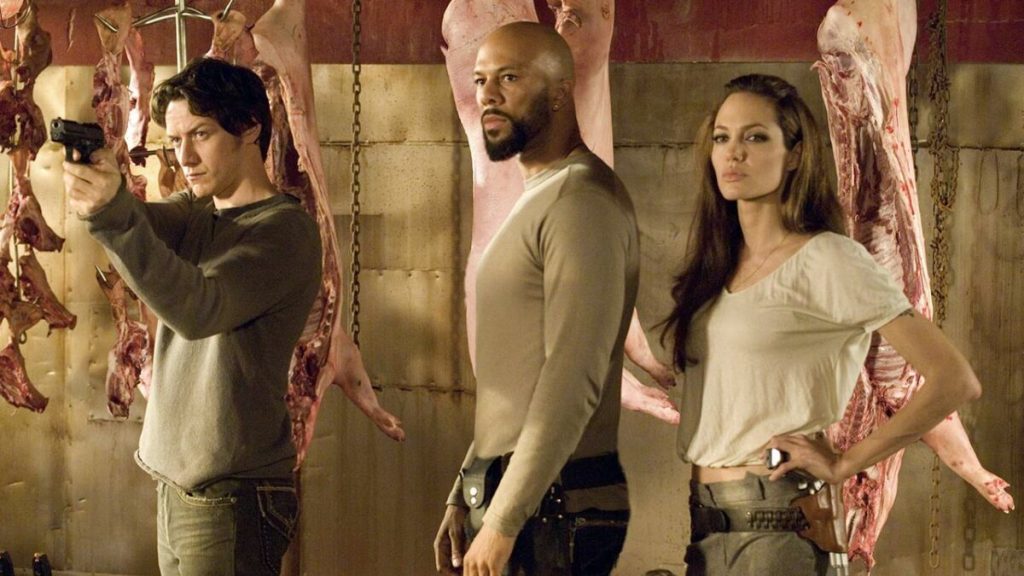
Plenty of people who saw Wanted in theaters back in the summer of 2008 could be forgiven for not even knowing it was based on a comic book. Fueled by director Timur Bekmambetov’s style, it’s a film that stands on its own as a high-budget, high-concept actioner, but it was indeed based on a preexisting IP. Specifically, the Top Cow miniseries by Mark Millar and J. G. Jones.
The engrossing story follows James McAvoy (in a star-making turn) as Wesley Allan Gibson, a disillusioned young man at a dead-end job who, seemingly by chance, meets Angelina Jolie’s assassin, Fox. Wesley wants to do what she does, and as it turns out someone in his bloodline already does, and while that may seem to give him a leg up in joining the league of assassins, it’s possibly not a league he should be joining after all.


